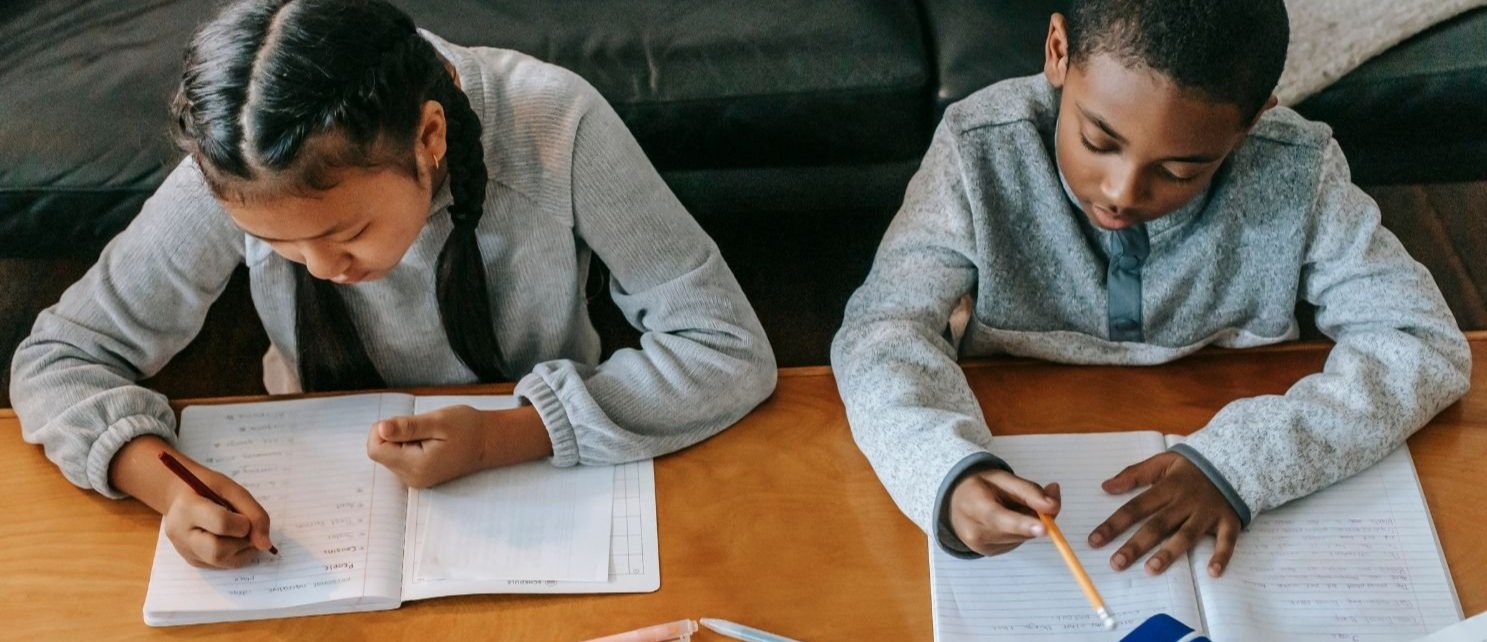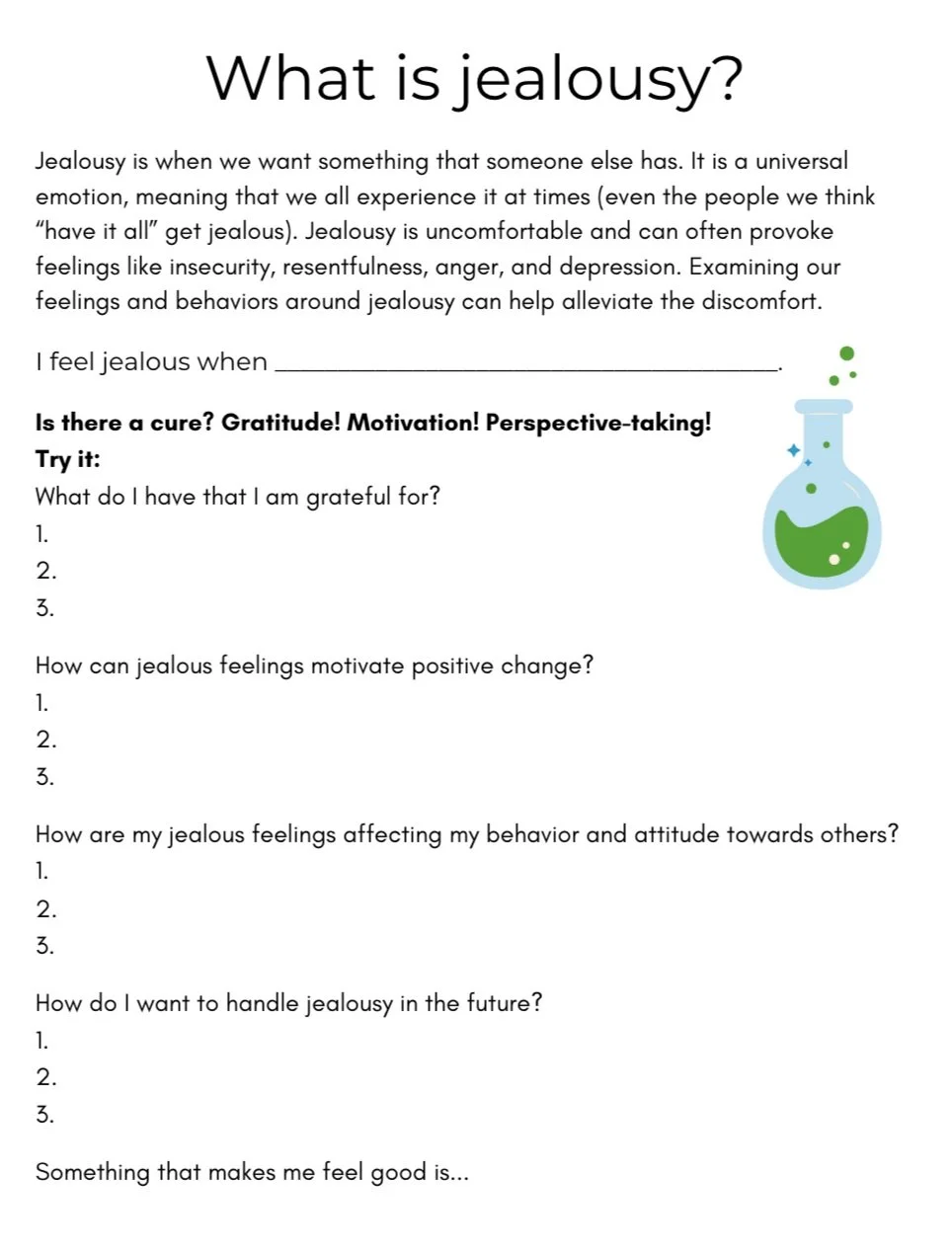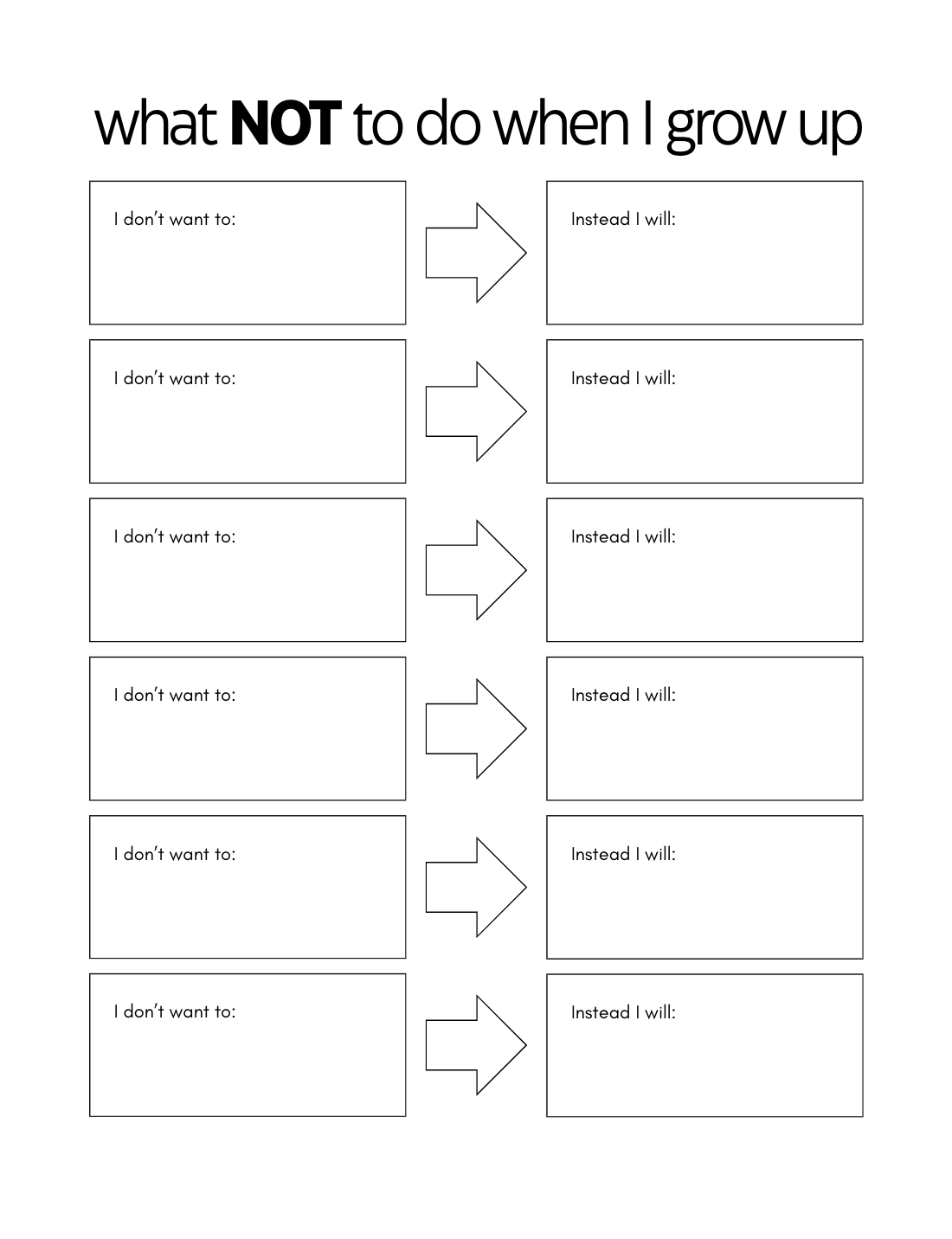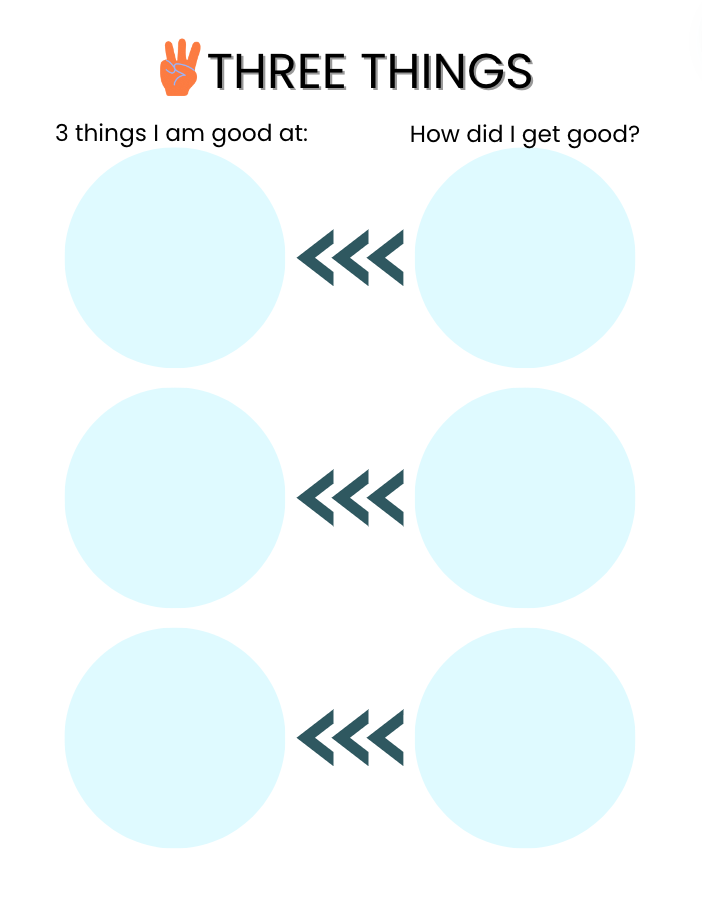
WRITING PROMPTS
Writing prompts ignite creativity, promote healthy communication, and nurture self-expression. Our printable writing prompts come in different formats and empower kids to explore their consciousness and practice effective communication through writing.
© 2025 COPYRIGHT NOTICE: All original resources, content, and materials produced and displayed on this website are the intellectual property of Child Therapy Guide. These resources are protected by copyright laws and are intended for personal, non-commercial use. Unauthorized reproduction, distribution, or any other unauthorized use of the content without explicit permission from Child Therapy Guide is strictly prohibited. Users are encouraged to enjoy and utilize the resources responsibly, respecting the copyright and intellectual property rights associated with the content. For any inquiries or requests regarding the use of our materials, please contact us through our contact form.
-

How to Find My Light
When working with victimized kids, it can be helpful to talk about preserving their “light” over confronting the bully. Some kids feel empowered to stand up to their bully, but many lack the social supports and/or confidence to successfully navigate a confrontation. In these cases, remind them that they don’t have to do anything except shield their light.
-

What is Jealousy?
Jealous feelings can be hard to navigate. Help kids think, write, and talk about jealousy to promote a nuanced approach to the examination of complicated emotions.
-

Story Prompts for Adolescents
Story prompts are a great way to spark inspired perspective-taking! Choose a prompt and write a short story based on your choice. Think about your main character. How did they get here? What happens next?
Further Consideration: Do you have empathy for anyone in the story? Have you ever been in a similar situation? What advice would you give to the main character?
-

The Emotional Backpack
This prompt encourages kids to think and write about preoccupying parts of their consciousness. By visualizing “carrying” challenging memories, thoughts, or feelings, they can also begin to “unpack” what is not productive.
-

What NOT to do When I Grow Up
This writing exercise helps kids identify their values and preferences while prompting them to find productive alternatives.
Learn more about self-perception HERE.
-

Dear Future Me
This letter template encourages kids to think about their present through the eyes of their future and vice versa.
Learn more about self-perception HERE.
-

ABOUT ME
This worksheet is a great “get-to-know-you” tool. For school-aged kids, it is often used during a therapy intake session while the parent or guardian is communicating with the child therapist.
-

Dear Body, Dear Mind
Letter templates can help kids understand, organize, and communicate complex feelings. These templates offer a unique opportunity to address the mind and body while also practicing self-appreciation.
-

Past Me, Future Me
This writing prompt helps kids separate their behaviors from their “core self” in order to conceptualize how they hope to progress in the future.
-

Miracle Question
The miracle question serves to help conceive and understand an issue. Once an issue is recognized, it can be addressed.
-

Top Three
Use this simple list prompt to help kids develop an understanding of their values and preferences.
-

My Perfect/Imperfect Day
Use this prompt to help kids appreciate good days and receive bad days with a growth mindset.
-

3 Good Things / 3 Bad Things
Foster a growth mindset with this exercise that emphasizes the value of effort.
-

I Wish They Knew
Simple prompts can evoke profound insight. This exercise encourages kids to express the things they wish the people in their lives knew.
-

Appreciation Exercise
Gratitude is a powerful practice that is linked to resilience, flexibility, and a growth mindset. Identifying what is appreciated and what is not appreciated can help kids understand their own values and priorities.

Why are writing prompts helpful?
Writing prompts exercise written communication and promote the development of the following:
Creativity: Challenge kids to think creatively and to take unique perspectives.
Self-Reflection: Encourage self-awareness through prompts that lead to the exploration of thoughts, emotions, and experiences.
Expressive Communication: Help kids learn how to coherently express their thoughts and feelings through writing.
Problem-Solving: Show kids how written communication allows us the space to analyze information, consider different viewpoints, and develop well-reasoned beliefs.
Confidence: Boost self-esteem by exercising the art of written communication. Successfully responding to prompts and producing thoughtful compositions shows kids that they are not only capable of performing a valuable academic skill, but that they also have an outlet that allows them to process and communicate complex emotions or thought patterns.
By putting thoughts and feelings on paper, children are empowered with perspective and can better understand and navigate their own circumstances and experiences.
